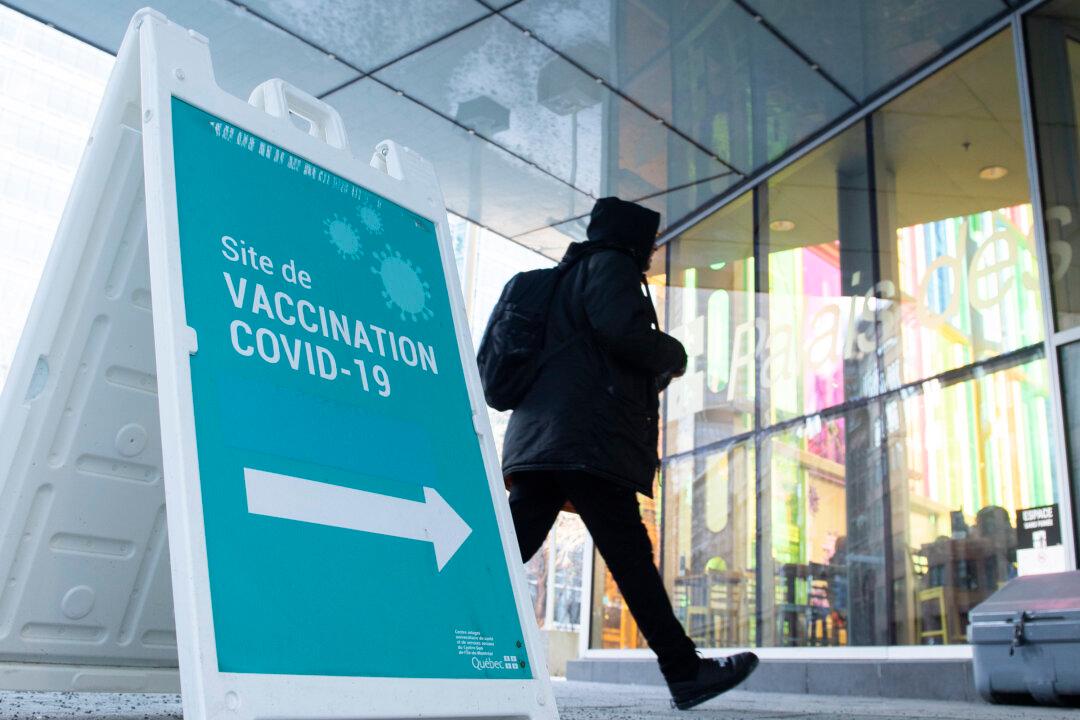The president of the Canadian Federation of Independent Business is questioning Canada’s new round of COVID-19 restrictions put in place to stop the rapid spread of the Omicron variant, despite reports that the variant causes less severe illness than its predecessors.
“If #omicron continues to result in very few admissions to hospitals/ICUs, how long will it be before provinces remove their new restrictions and lessen the panic they’ve created. U.S. public health officials say there is no need to close schools or businesses,” Dan Kelly, who is also the chief executive officer and chair of the business advocacy group, wrote on Twitter.





